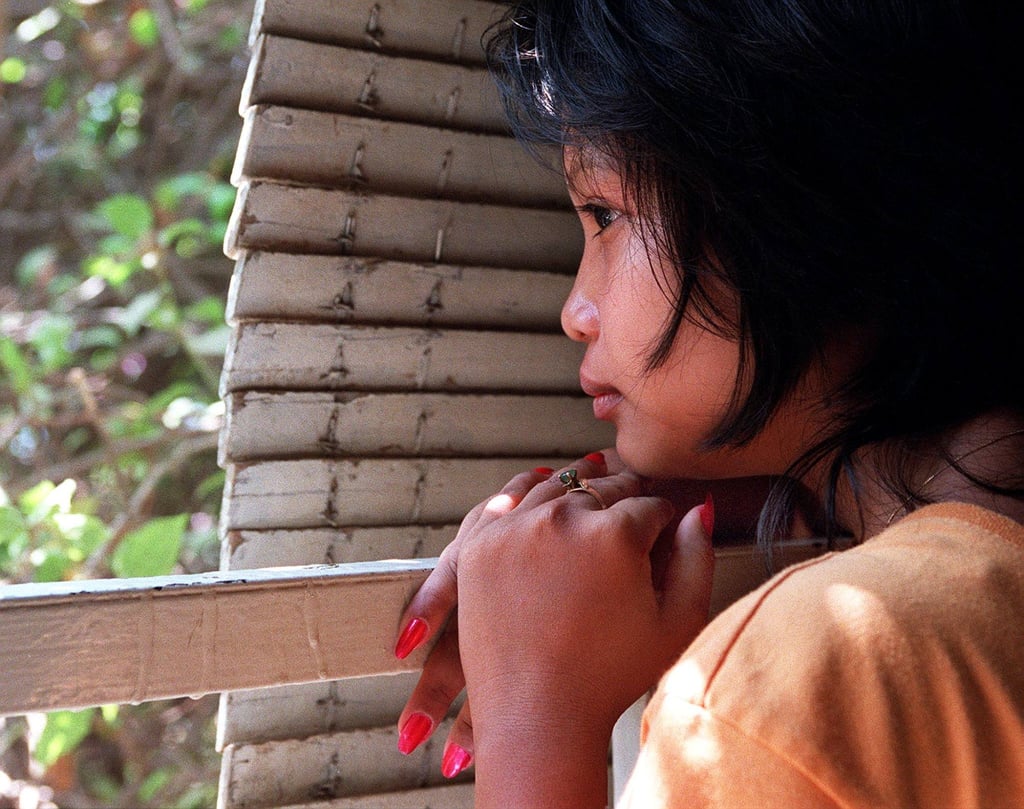Japan’s embassy in Laos and its Ministry of Foreign Affairs have issued a rare and unusually direct advisory, warning Japanese men against “buying sex from children” in the Southeast Asian country.
The move was prompted by Ayako Iwatake, a restaurant owner in Vientiane, who allegedly saw social media posts of Japanese men bragging about child prostitution. In response, she launched a petition calling for government action.
The Japanese-language bulletin makes clear such conduct is prosecutable under both Laotian law and Japan’s child prostitution and pornography law, which applies extraterritorially.
This diplomatic statement was not just a legal warning. It was a rare public acknowledgement of Japanese men’s alleged entanglement in transnational child sex tourism, particularly in Southeast Asia.
It is also a moment that demands we look beyond individual criminal acts or any one nation and consider the historical, racial and structural inequalities that make such mobility and exploitation possible.
 A 16-year-old girl peers out into the streets of Phnom Penh after being rescued from a brothel where she was forced to work. Photo: AFPA changing map of exploitation
A 16-year-old girl peers out into the streets of Phnom Penh after being rescued from a brothel where she was forced to work. Photo: AFPA changing map of exploitation
Selling and buying sex in Asia is nothing new. The contours have shifted over time but the underlying sentiment has remained constant: some lives are cheap and commodified, and some wallets are deep and entitled.


AloJapan.com